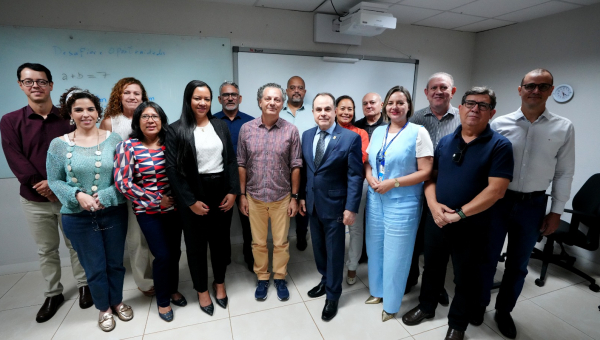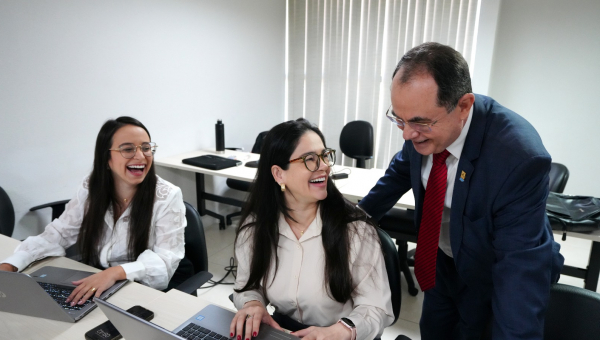
Transforming the digital culture in the Judiciary requires more than tools, it requires strategic vision, qualified training and openness to change. With this proposal, the Superior School of the Judges of the State of Tocantins (Esmat) concluded, this week, another edition of the course on Digital Transformation in the Judiciary, also aimed at, besides magistrates and civil servers of the Court of Justice of the State of Tocantins (TJTO), professionals from partner institutions such as the Regional Electoral Court, the State Prosecution and the Public Defender’s Office.
With a 16-hour class load, the training is conducted by Justice Marco Villas Boas, general director of ESMAT and president of the Permanent College of Directors of State Schools of the Magistracy (Copedem). Over the two days (August 25th and 26th), participants had the opportunity to critically reflect on the concept of digital transformation in the public sector and understand the impact of Generative AI, of intelligent systems and searches optimized in the qualification of judicial provision.
In testimony, Roberta Maciel, administrative advisor of the Electoral Internal Affairs of the TRE-TO (Regional Electoral Court of the state of Tocantins), reported that the training provided a relevant learning experience, with in-depth content and dynamic interaction.
“As an innovation and technology enthusiast, I have been using Artificial Intelligence since it became accessible, but participating in the course on Digital Transformation has been a transformative experience. Justice Marco Villas Boas brought highly relevant content, addressing in-depth concepts and promoting a dynamic interaction with the class. The practical activities presented are extremely useful and they will certainly be applied in my day-to-day work at the TRE," she said.
For Ana Carina Souto, legal and administrative coordinator of the Electoral Regional Internal Affairs, the course broadened the understanding on the impact of artificial intelligence in the legal and administrative context.
“Participating in the course together with the team of the Electoral Internal Affairs of Justice was a transformative experience. We broaden our vision of the future by exploring the impact of artificial intelligence and its practical application in legal and administrative matters. It was a paradigm break that reinforces the importance of technology in the modernization and efficiency of processes", commented.
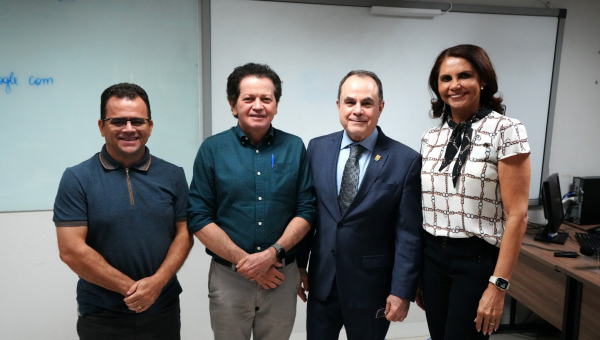
_thumbnail_thumbnail.jpeg)
_thumbnail_thumbnail.jpeg)
_thumbnail_thumbnail.jpeg)
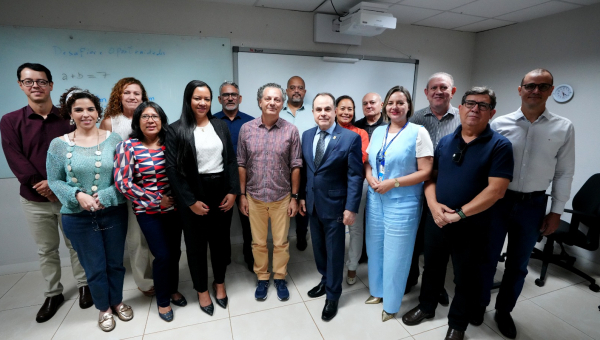
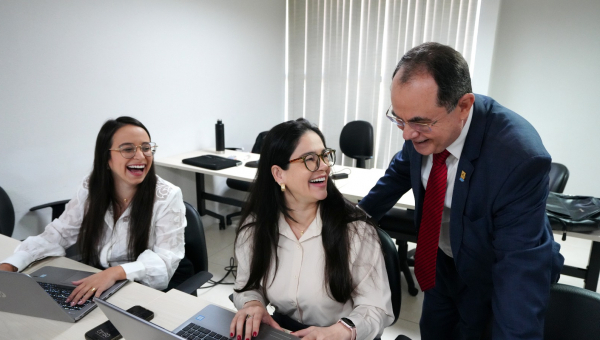
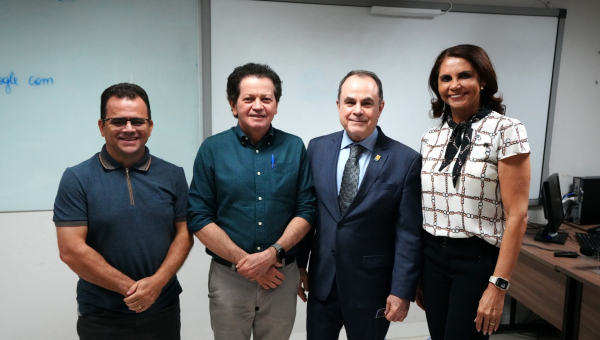
_thumbnail.jpeg)
_thumbnail.jpeg)
_thumbnail.jpeg)
